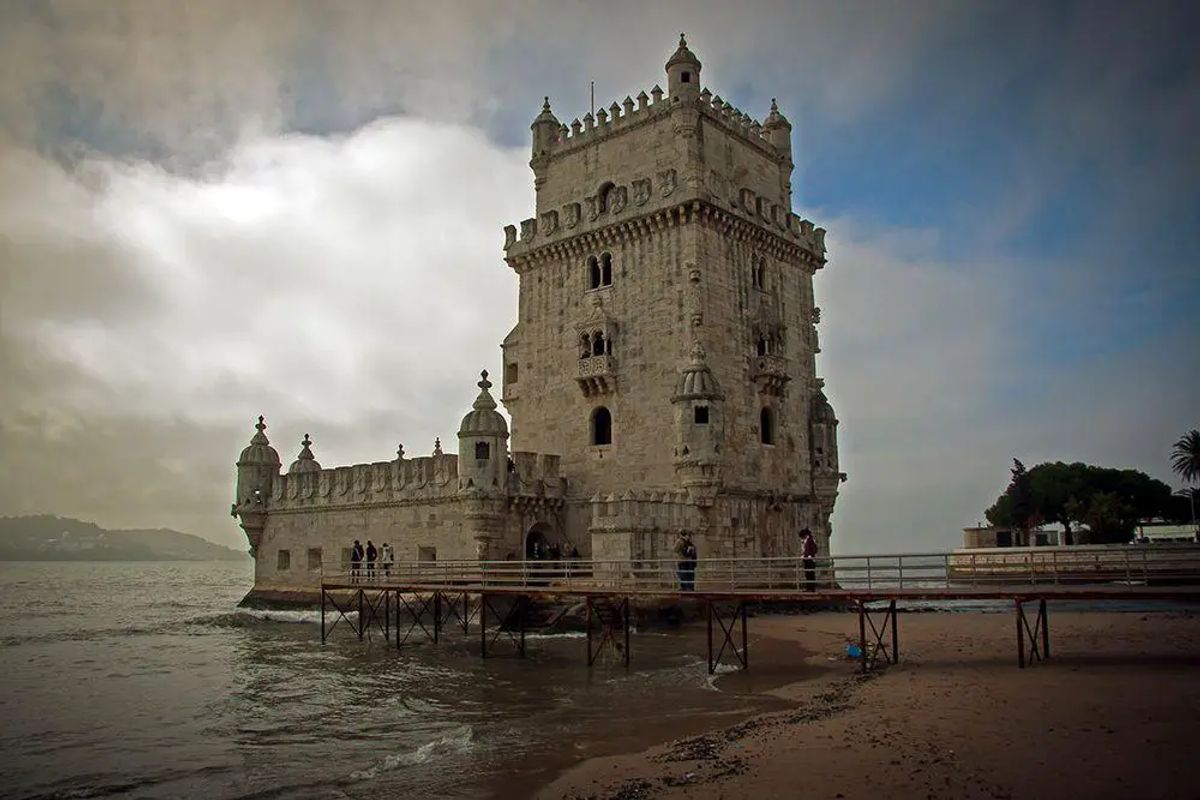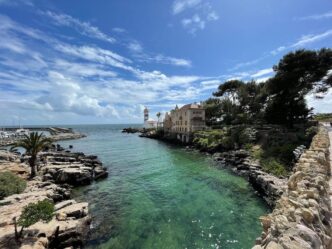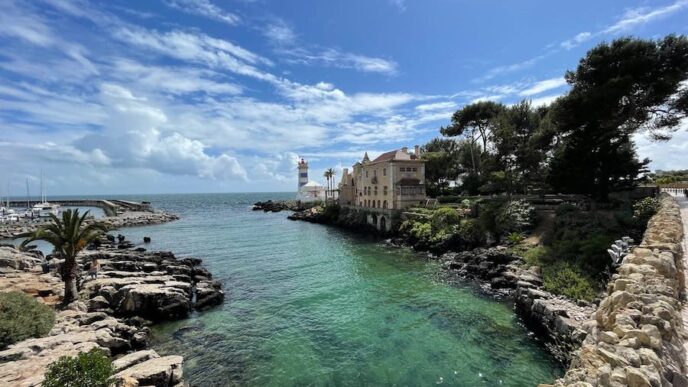Portugal is rich in history, culture, and natural beauty, offering a diverse range of famous landmarks that attract millions of visitors each year. Here are some of the most iconic landmarks in Portugal:
1. Belém Tower (Torre de Belém), Lisbon
- Significance: A UNESCO World Heritage Site, this 16th-century fortification stands as a symbol of Portugal’s Age of Discovery. It was originally built to protect the city and served as a departure point for explorers.
- Architecture: Its Manueline style features intricate carvings of nautical motifs and depictions of sea creatures.
2. Jerónimos Monastery (Mosteiro dos Jerónimos), Lisbon
- Historical Importance: This grand monastery was commissioned by King Manuel I to commemorate Vasco da Gama’s successful voyage to India. It’s a stunning representation of Manueline architecture and a UNESCO World Heritage Site.
- Attractions: Visitors can explore the beautiful cloisters and learn about Portugal’s maritime history in the attached museum.
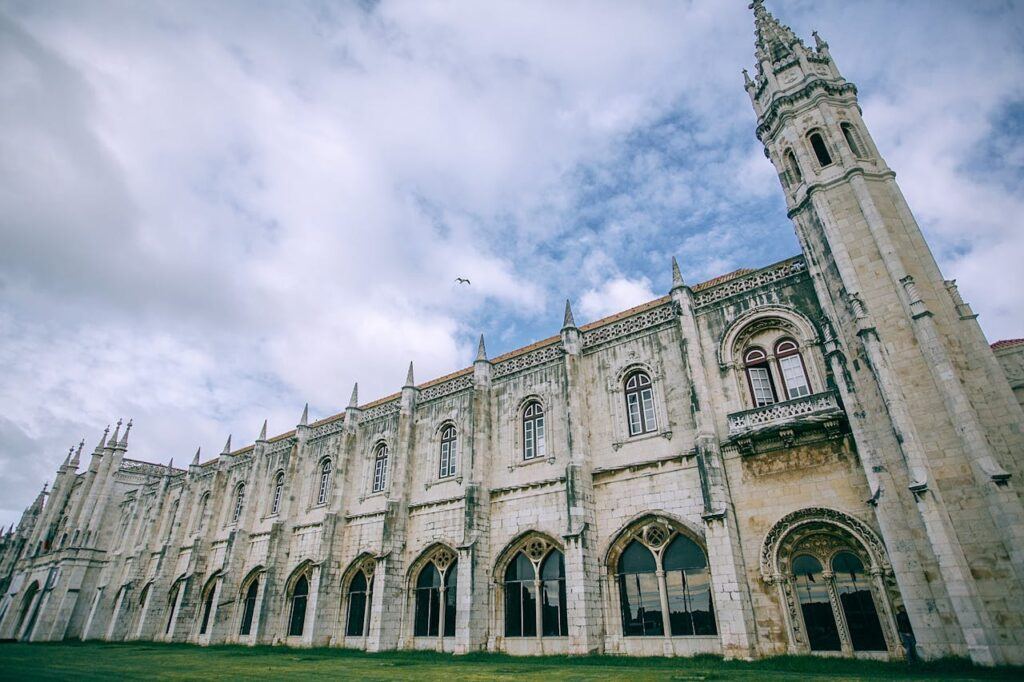
3. Pena Palace, Sintra
- Description: Perched atop the Sintra Mountains, Pena Palace is a vibrant and whimsical castle that showcases Romantic architecture. Its bright colors and eclectic design make it look like something out of a fairy tale.
- UNESCO Status: Part of the Cultural Landscape of Sintra, which is a UNESCO World Heritage Site.
- Surroundings: The palace is surrounded by the lush Sintra-Cascais Natural Park, perfect for hiking and enjoying breathtaking views.
4. São Jorge Castle (Castelo de São Jorge), Lisbon
- Historic Role: This medieval fortress offers panoramic views of Lisbon. It has roots dating back to the Roman, Visigothic, and Moorish eras before becoming a royal residence.
- Highlights: The castle is known for its archaeological site, towers, and beautiful gardens.
5. Douro Valley
- Renown: A UNESCO World Heritage Site known for its scenic beauty and vineyards, the Douro Valley is the heart of Portugal’s wine country and the birthplace of Port wine.
- Activities: Visitors can enjoy wine tours, river cruises, and picturesque views of terraced vineyards along the Douro River.
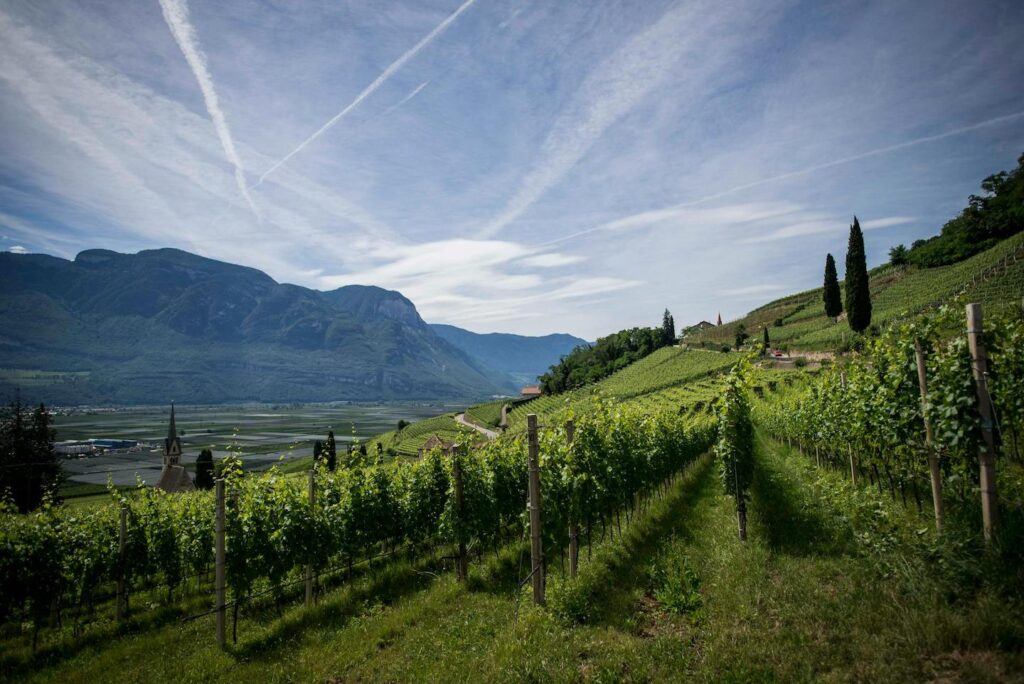
6. Monument to the Discoveries (Padrão dos Descobrimentos), Lisbon
- Commemoration: This monument celebrates Portugal’s explorers who played crucial roles in the Age of Discovery. It is located on the northern bank of the Tagus River.
- Design: Shaped like a ship’s prow, it features statues of important historical figures, including Henry the Navigator and Vasco da Gama.
7. Alcobaça Monastery (Mosteiro de Alcobaça), Alcobaça
- Historical Relevance: A UNESCO World Heritage Site that reflects the Gothic architectural style and the power of the Portuguese monarchy in the 12th century.
- Notable Features: The monastery is famous for its tombs of King Pedro I and Inês de Castro, whose tragic love story is legendary in Portuguese history.
8. University of Coimbra, Coimbra
- Significance: One of the oldest universities in Europe and a UNESCO World Heritage Site. It has played a central role in Portuguese education and culture for centuries.
- Attractions: The Joanina Library, with its stunning Baroque interior, is a highlight for visitors.
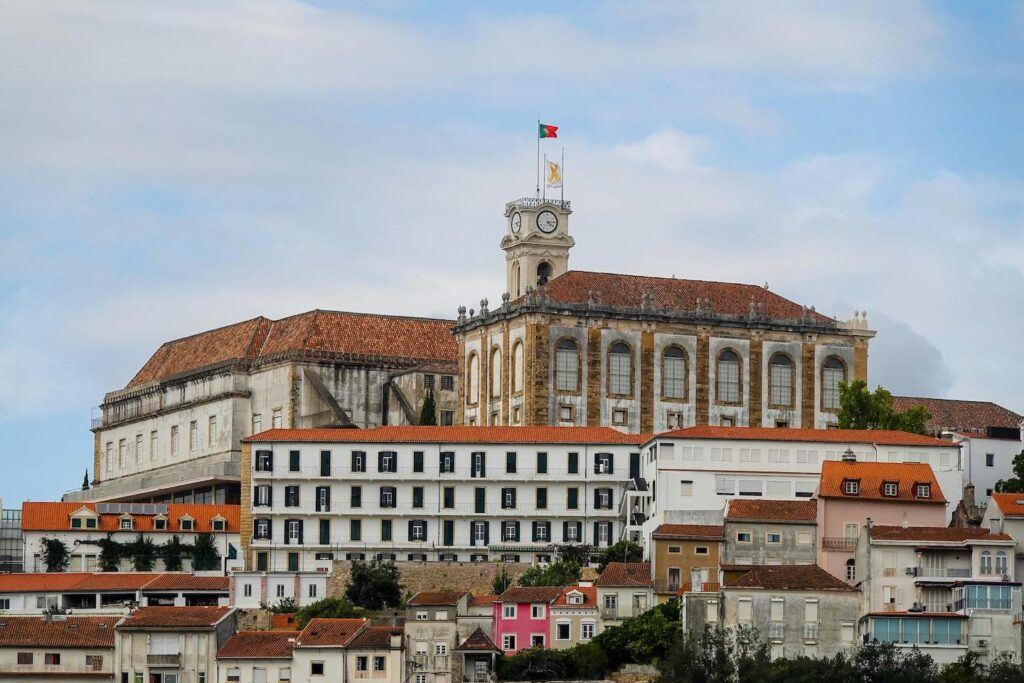
9. Clérigos Tower (Torre dos Clérigos), Porto
- Landmark Status: A baroque bell tower that is one of Porto’s most recognized symbols. Visitors can climb to the top for panoramic views of the city.
- Associated Church: It’s part of the Clérigos Church, which showcases beautiful baroque architecture.
10. Azores Archipelago
- Natural Wonder: Known for its dramatic landscapes, volcanic craters, lush greenery, and geothermal springs. The Sete Cidades Lakes on São Miguel Island are particularly famous for their blue and green lakes, side by side.
- Activities: Whale watching, hiking, and exploring natural hot springs.
11. Ria Formosa Natural Park, Algarve
- Ecological Importance: A protected coastal lagoon system that is a haven for birdwatching and marine life.
- Visitor Experience: Offers beautiful landscapes, boat tours, and chances to see unique wildlife such as flamingos.
12. Batalha Monastery (Mosteiro da Batalha), Batalha
- Historical Context: Built to commemorate the 1385 Battle of Aljubarrota, this UNESCO World Heritage Site is a masterpiece of Gothic and Manueline architecture.
- Features: The intricate stonework and the Founder’s Chapel are must-sees.
13. Cabo da Roca, Sintra
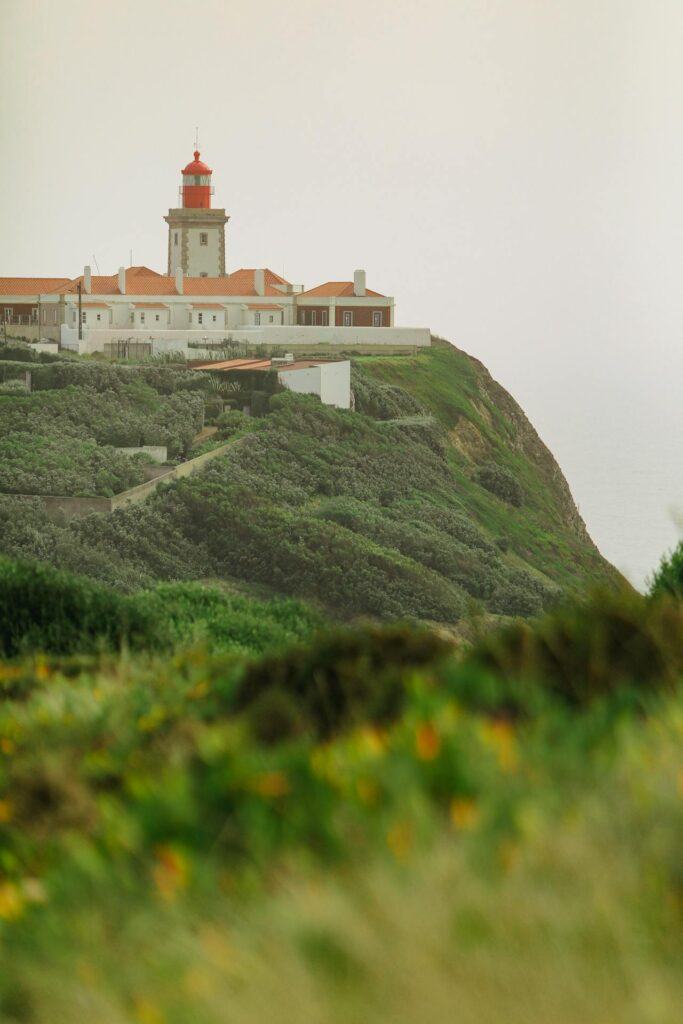
- Significance: The westernmost point of mainland Europe, offering rugged cliffs and panoramic views of the Atlantic Ocean.
- Visitor Attraction: A lighthouse and a monument marking its geographical importance.
14. Guimarães Castle (Castelo de Guimarães), Guimarães
- Historic Significance: Known as the birthplace of Portugal, this castle played a key role during the formation of the country in the 12th century.
- Features: The castle offers insights into medieval Portugal with its towers, walls, and commanding views.
Conclusion
These landmarks collectively highlight the historical, architectural, and natural wealth of Portugal. From its coastal cities and verdant valleys to historic monasteries and castles, Portugal’s landmarks tell the rich story of its past and showcase its enduring cultural legacy.

